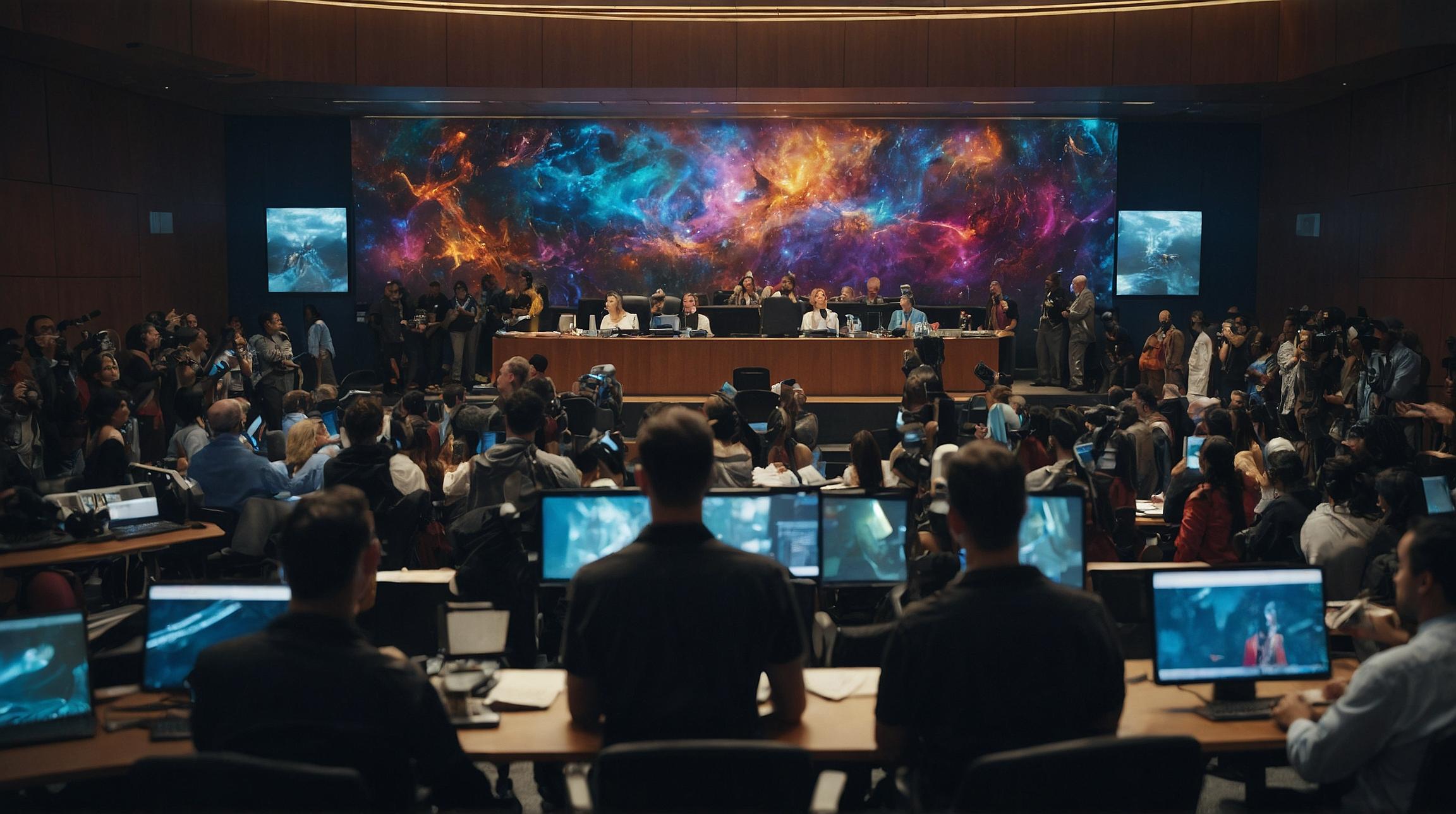The Importance of Encouraging Curiosity in Students
Middle schoolers and high school seniors have a different approach to learning
When it comes to asking questions in the classroom, there seems to be a significant difference between middle schoolers and high school seniors. According to a recent experience shared by a lecturer in Vicenza, Italy, middle school students were more engaged and willing to ask questions compared to their older counterparts. This observation aligns with the belief that as students grow older, they become more self-conscious and concerned about asking “dumb” questions in front of their peers. This unfortunate trend might stem from the judgment and negative feedback they receive, forming a shell around them that discourages curiosity and enthusiasm.
Curiosity is a valuable resource that needs to be nurtured
Bright and curious children should be considered a national and world resource, as stated by scientist Carl Sagan. These children need to be cared for, encouraged, and provided with the tools to think critically. Every question, no matter how naive or ill phrased, is a cry to understand the world. There is no such thing as a dumb question. However, as high school seniors progress through their education, they tend to lose the wonder and gain very little skepticism. Fear of judgment from peers and a reluctance to ask “dumb” questions hinder their ability to think critically and engage in meaningful discussions.
A comparison between different age groups
A recent lecture series on Artificial Intelligence provided an opportunity to compare the reactions of middle schoolers and high school seniors in two schools in Veneto, Italy. The middle school in Vicenza had students aged between 11 and 13, while the high school in Venice catered to students aged 16 to 18. Despite concerns that the lecture might overwhelm the younger students, they surprised the lecturer by attentively listening for the full 80-minute presentation. They even interrupted with witty questions, showcasing their enthusiasm and desire to understand complex topics.
On the other hand, while the high school seniors in Venice also asked interesting questions, they were generally less enthusiastic about the lecture as a whole. This could be attributed to a combination of our biased expectations and the fact that high school seniors might be more reserved when it comes to asking questions.
Nurturing curiosity is essential for the future
Encouraging curiosity and a thirst for knowledge is essential if we want to prepare future generations for the challenges of a rapidly advancing world. By providing a safe and supportive environment where students feel empowered to ask questions without fear of judgment, we can foster critical thinking skills and a lifelong love for learning. Teachers and educators play a crucial role in nurturing curiosity and equipping students with the essential tools to think independently and engage in meaningful discussions.
Conclusion
The observation that middle schoolers are more willing to ask questions and engage in discussions compared to high school seniors highlights the importance of fostering curiosity in young minds. As Carl Sagan noted, every question is a cry to understand the world, and it is our responsibility to provide the necessary support and encouragement for our students to explore and question. By doing so, we can ensure that future generations are equipped with the tools they need to navigate an ever-evolving world.
Analyst comment
Positive news. Market analysis: Encouraging curiosity in students is crucial for their development and future success. Nurturing curiosity fosters critical thinking and a love for learning. Teachers and educators play a pivotal role in creating a supportive environment where students feel empowered to ask questions. This will prepare future generations for the challenges of a rapidly advancing world.













